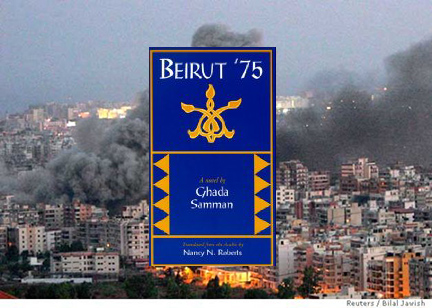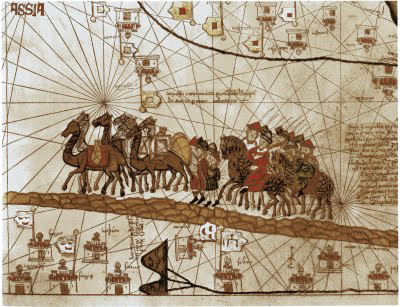
Photo by Kiran Sury
Yemeni Immigrant Saga
Every time you buy a beer or a lottery ticket at a bodega run by Mohamed Mohamed or one of his countrymen, you tap into a story of ethnic succession and a struggle to reconcile one culture with another
by Kiran Sury, The Brooklyn Bureau, Monday, Jan 7, 2013
On the corner of Flatbush Avenue and Glenwood Road in Brooklyn, Mohamed Mohamed runs Gold Star Deli Grocery with his father Mohamed and another employee, also named Mohamed, all of them from Yemen. This unique situation arises from Arabic nomenclature. “The customers get confused, but not us,” jokes the younger Mohamed. His father, whose full name is Mohamed Abdullah Alrohani, has come up with a more pragmatic solution: just call him Alex.
Across Glenwood Road, Sadek Almontaser mans the counter of the recently opened Glenwood Deli, a corner store. Cigarettes are sold behind the counter, drinks and chips line the walls, and a small deli section offers fresh sandwiches – staples for any bodega.
But to the discerning eye of a corner-store connoisseur, there are several features that are not so standard.
As Almontaser deals with a steady stream of lottery ticket buyers, he happily discusses how Iranian President Mahmoud Ahmadinejad isn’t a bad man, just misunderstood. His uncle Ali, who runs the deli station, is 11 years his junior, a genealogical feat made possible by his grandfather’s four wives back in Yemen. Ali will be happy to make you a BLT, though he may forget to mention that the bacon is made of beef, not pork. And every so often a man will enter the store, nod to Almontaser, and make his way downstairs. Not every bodega has a prayer room in the basement.
Across the street yet again, on the other side of Flatbush Avenue, the eponymous Yafai Deli and Grocery is run by Saad Yafai. He shares it with his brother Nabil, who is currently back home in Yemen. His entire family is in Yemen, and he and his brother take turns staying in America and running the family store.
Most New Yorkers would agree that the deli/convenience store, once the exclusive purview of Jews, Italians and Germans, has come to be associated with Latinos. The word bodega, which is used interchangeably with deli, is Spanish for “warehouse” or “cellar”. According to data from the Brooklyn Chamber of Commerce, the number of firms in the borough classified as supermarket or convenience stores almost doubled during the first decade of this century. But the three stores on the corner of Glenwood Road and Flatbush Avenue show that Latinos are no longer dominant, as shifting demographics have opened up a new ethnic segment of the market. An influx of Arabs has brought a corresponding increase in Arab storeowners, each eager to pursue his own version of the American Dream.
* * * * *
Clifton Clarke, professor of finance and business management at Brooklyn College, says that shifting populations opened a void for new businesses to fill, and that companies often change according to their target market. When Arab immigrants started to populate new neighborhoods, it made sense for them to manage the corner stores as they could better cater to Arabic needs. “Ethnicity, population, drives the type of businesses that are developed,” he says. “And these bodegas, which are now mostly run by Arabs, just fit in nicely.” Continue reading Bodega Yemeni Style in Brooklyn




